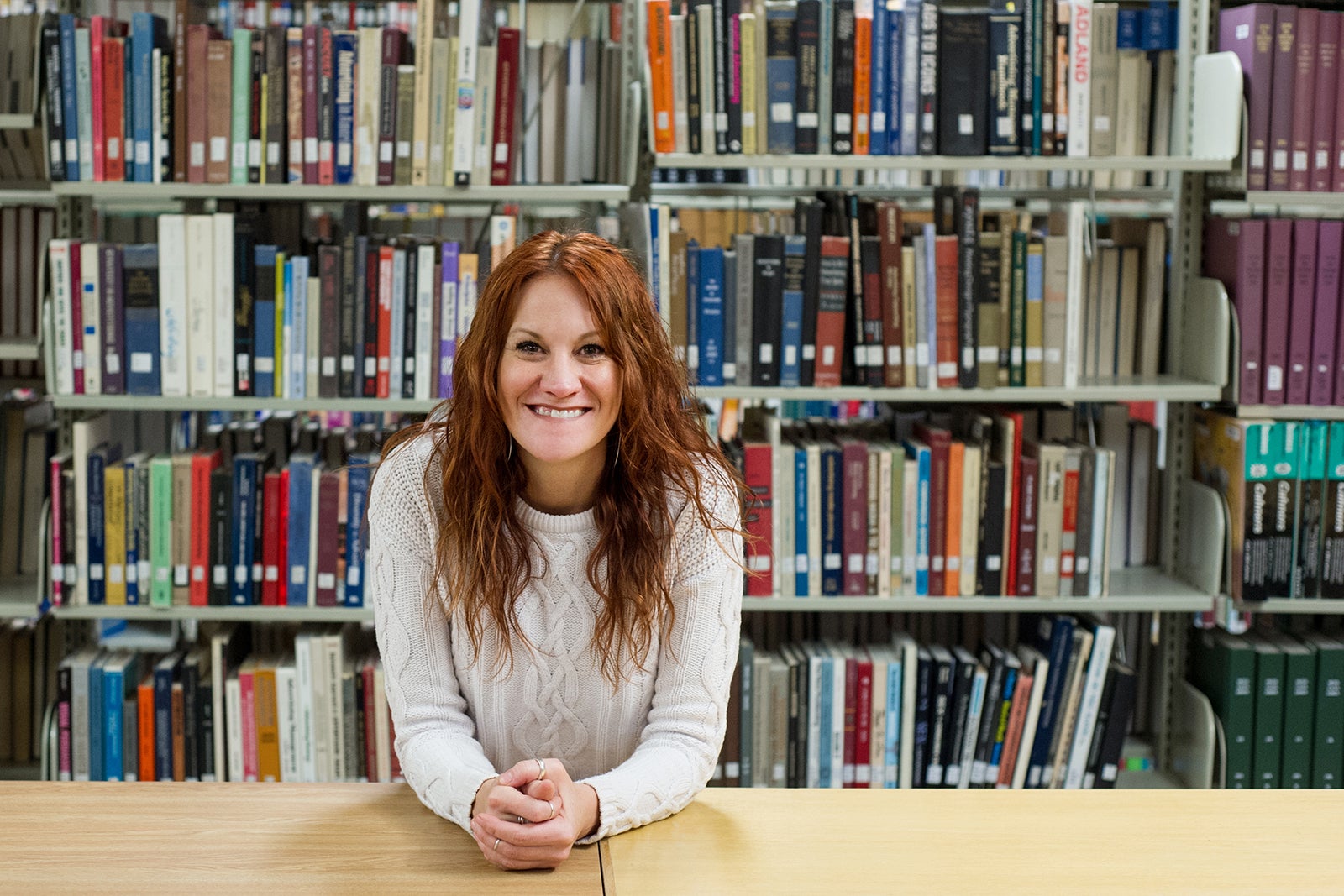
Jill Chonody, an associate professor in the School of Social Work, recently published a research piece entitled: “I’m going to need a lot of therapy for this someday’: Finding your ‘grit’ in graduate school during COVID”. The title is based on quotes from Chonody’s students.
Chonody found her inspiration in the unique situation COVID posed for her students.
“Since we had students starting graduate school during an unprecedented time, I knew COVID would present a unique opportunity to elevate their voices and make their community aware of how a pandemic has made their education more challenging,” Chonody said.
This study is based on a research methodology called Photovoice which uses photos and a written reflective essay to communicate feelings more effectively. This method is often used to measure community strengths and weaknesses. Chonody used it as a way for students to use their voice and communicate how they were feeling about being in graduate school during a pandemic.
Students submitted photos of what they thought accurately represented their feelings about their experiences as graduate students during a pandemic. Chonody received a number of selfies with personal protective equipment and even received selfies of students crying. Other pictures were images of friends, family, pets and coworkers who supported students through their difficult journey.
Inner strength and perseverance
Chonody explained what she believed to be the most interesting result from her research: “A common theme was not students discussing the negativity associated with their challenges, but the positivity from learning how much strength they have during one of the most difficult times in their lives,” she said.
Students also discussed how spending more time at home due to online work actually benefited them. Parents were able to spend more time with their children. Pets were exponentially happier having their owners at home with them.
Chonody told how these challenges will assist students later in their careers.
“Because they are social work students, they found that the time they had for self-reflection will help them in their careers. By innovating socially to have their own needs met, they will better be able to assist their clients in doing the same.”
Professors supporting students
Throughout the study, students consistently reported that they were having emotional reactions to challenges due to the pandemic. Chonody explained the importance of this for a professor. “As instructors, we need to ask ourselves these questions: how do we help students manage their emotions and disappointment? How do we celebrate them and create something special? How do we maintain connections? One way to address this is to empower student voices and allow them to shape the academic course structure. In addition, we should take opportunities to acknowledge the fear, disappointment, and sadness that students are facing and provide networks of support within our system.”
-By Hannah McNamee, College of Health Sciences Student Journalist